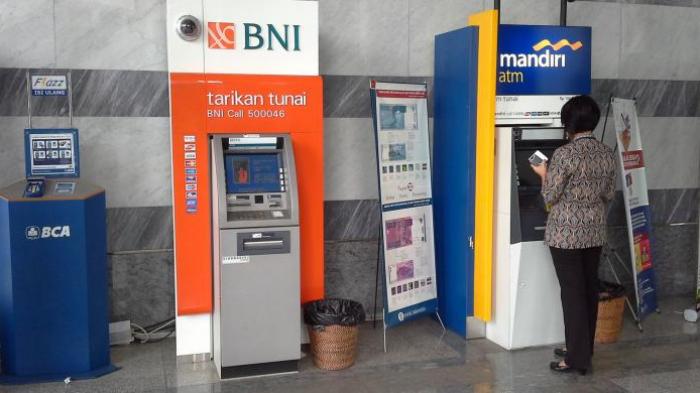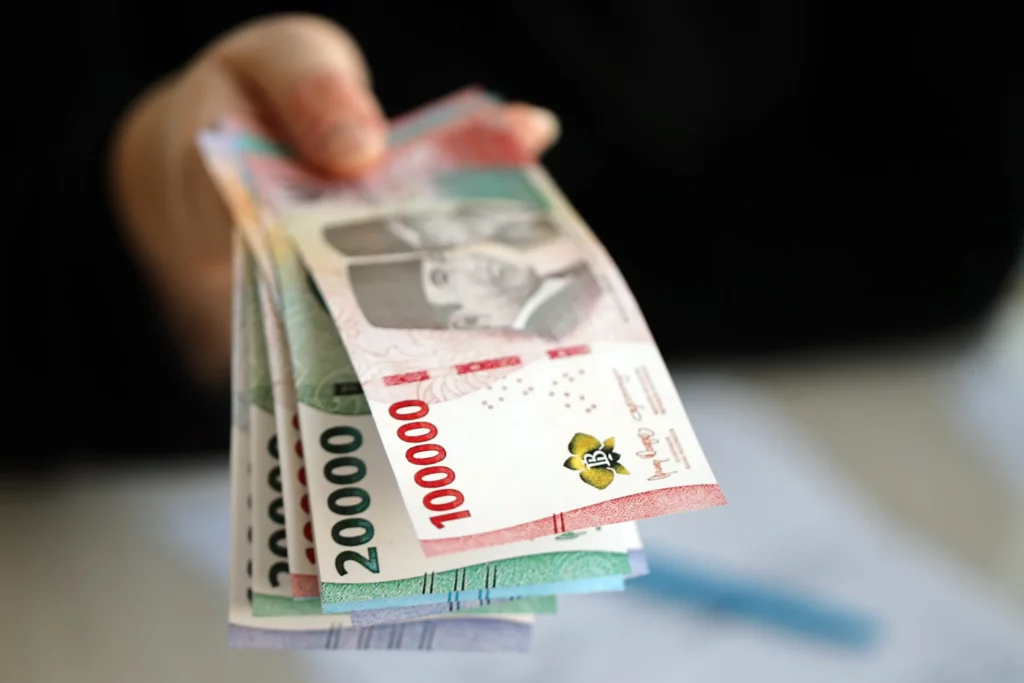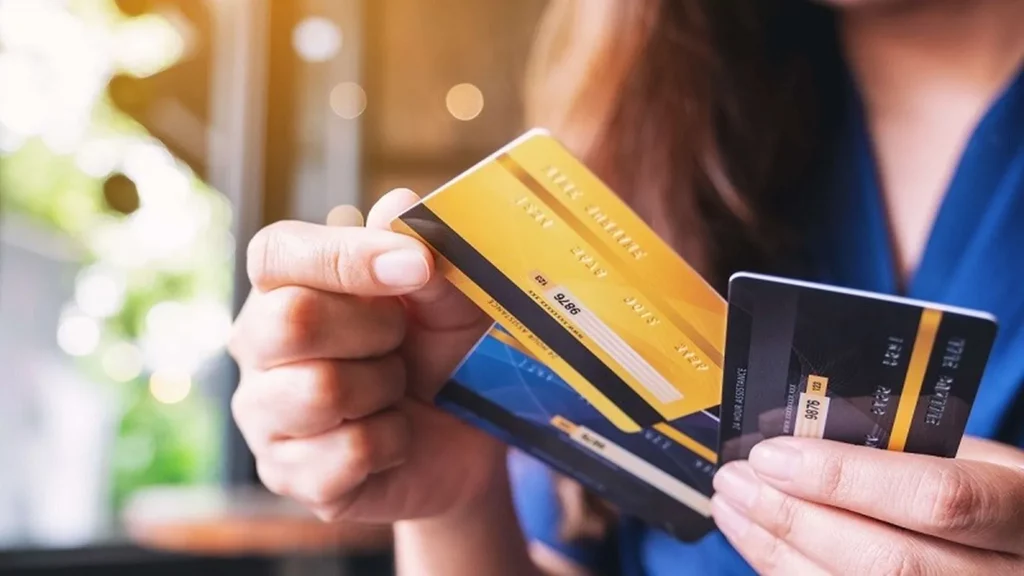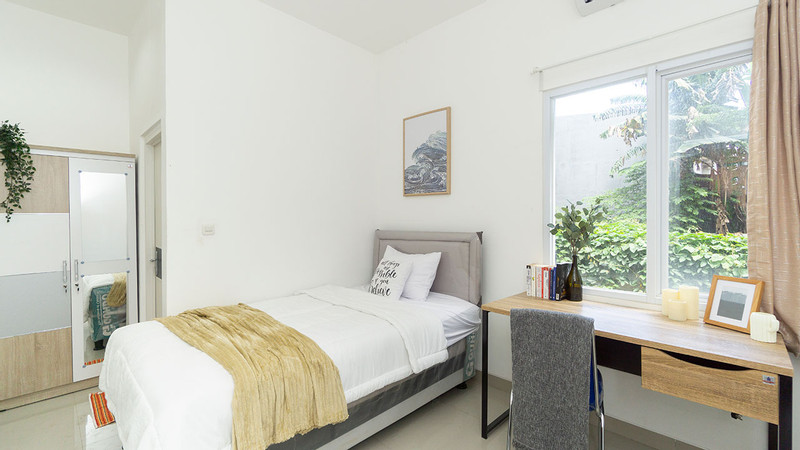How to Open a Bank Account in Indonesia: Step-by-Step Guide for Expats

Why opening a bank account in Indonesia matters for expats
Living in Indonesia as an expat comes with many exciting opportunities—from exploring the country’s rich culture to enjoying vibrant city life and beautiful landscapes. But to truly settle in, having a local bank account is essential. Whether you’re here for work, study, or long-term living, opening a bank account makes it easier to receive your salary, pay bills, transfer money, and manage daily expenses without relying on international banking.
A local bank account also helps you avoid high foreign transaction fees and fluctuating exchange rates, which can add up quickly if you continue using your overseas card. In this guide, we’ll walk you through everything you need to know about how to open a bank account in Indonesia—from the requirements and popular banks to the step-by-step process and helpful tips.
Also Read: The True Cost of Living in Indonesia | What Expats Should Know
Who Can Open a Bank Account in Indonesia?

The good news is that foreigners are generally allowed to open bank accounts in Indonesia. However, the process can differ depending on your visa type and residency status. Typically, the following categories of expats are eligible:
- Foreigners with a KITAS (Temporary Stay Permit) or KITAP (Permanent Stay Permit)
- Foreigners with a work visa or who are employed by an Indonesian company
- Students with a valid student visa and school enrollment documents
- Foreign retirees with the appropriate retirement visa
Some banks may allow foreigners with a tourist visa to open accounts, but this is less common and usually limited to savings accounts with restrictions.
Documents Required to Open a Bank Account in Indonesia
Each bank may have slightly different requirements, but most will ask for the following:
- Valid passport (with entry stamp and visa)
- KITAS or KITAP (residence permit)
- Work permit (IMTA) if applicable
- Letter of employment from your Indonesian employer or sponsorship letter
- NPWP (Indonesian tax number)—not always required, but some banks may ask
- Proof of address in Indonesia (rental contract, utility bill, or domicile letter from your landlord/local authority)
- Minimum initial deposit, which varies depending on the bank and account type
Pro tip: Always bring original documents along with copies, as banks may require both.
Popular Banks for Expats in Indonesia

Indonesia has a mix of state-owned and private banks, as well as international banks. Some of the most expat-friendly options include:
1. Bank Central Asia (BCA)
BCA is often considered the most user-friendly bank in Indonesia, particularly for foreigners. Its mobile banking application, BCA Mobile, is widely praised for being intuitive and reliable, allowing customers to transfer funds, pay bills, and manage finances with ease.
BCA also has one of the most extensive ATM networks in the country, so you’ll never struggle to find access to your funds. The bank is also known for being expat-friendly when it comes to account opening, provided you have the proper documents like KITAS or KITAP.
Minimum deposits are relatively affordable compared to international banks, and customer service is generally efficient. For expats who value convenience and seamless digital services, BCA is often the first choice.
2. Bank Mandiri
As the largest state-owned bank in Indonesia, Bank Mandiri offers both stability and reach. With thousands of branches and ATMs across the archipelago, it’s particularly useful if you plan to travel extensively beyond major cities like Jakarta or Bali. Mandiri provides a wide range of services—from savings accounts to investment products—and has also been modernizing its digital platforms.
While opening an account at Mandiri may take slightly longer compared to private banks, the advantage is its accessibility almost anywhere in Indonesia. Many businesses, both local and international, use Mandiri accounts, which can simplify transactions for expats working with local partners.
3. Bank Negara Indonesia (BNI)
BNI is another state-owned bank with a strong reputation, especially in the education sector. Many universities in Indonesia collaborate with BNI for student payment systems, making it a natural option if you’re here to study. BNI also offers accounts tailored to different customer segments, including foreigners.
While its mobile app may not be as sleek as BCA’s, the bank makes up for it with reliability and a solid nationwide presence. For expats in academia or those looking for straightforward day-to-day banking, BNI is a practical choice.
4. CIMB Niaga
CIMB Niaga is part of the Malaysian CIMB Group and has established itself as a strong player in Indonesia’s banking sector, particularly for customers who prefer digital banking. Its Octo Mobile app is designed with a focus on digital-first features, offering convenient international transfers and integrated payment solutions.
CIMB Niaga is also known for being relatively flexible when it comes to opening accounts for expats, especially those with valid work permits. If you’re accustomed to online banking and want a smooth, tech-savvy experience, CIMB Niaga is a bank worth considering.
5. HSBC Indonesia
For expats who prefer the familiarity of an international institution, HSBC Indonesia is a strong option. HSBC offers global banking solutions, multi-currency accounts, and premium services tailored to expatriates.
The main drawback is that the minimum balance and deposit requirements are much higher compared to local banks, and the range of physical branches is more limited. However, for professionals managing international finances or those who move between countries frequently, HSBC provides the benefit of seamless cross-border transactions and access to its global network.
Step-by-Step Guide: How to Open a Bank Account in Indonesia

Now that you know the requirements, here’s how the process usually goes:
Step 1: Choose the Right Bank and Account Type
Decide whether you want a simple savings account for daily expenses, or a more comprehensive account with debit/credit card and online banking. Compare fees, minimum deposits, and digital services.
Step 2: Prepare the Required Documents
Gather all necessary documents, including your passport, KITAS/KITAP, proof of address, and employment or sponsorship letters. Having everything ready will save time.
Step 3: Visit the Bank Branch
While some banks offer online applications, most still require you to visit a local branch in person. At the branch, you’ll be asked to fill out forms and present your documents.
Step 4: Make the Initial Deposit
The minimum deposit varies from bank to bank. For local banks, it can be as low as IDR 500,000 (around USD 30). International banks may require a much higher initial deposit.
Step 5: Get Your ATM/Debit Card
Once your account is active, the bank will issue your ATM or debit card. Some banks print the card immediately, while others may ask you to return after a few days.
Step 6: Activate Online and Mobile Banking
Most banks in Indonesia now offer robust mobile banking apps. Make sure to register during the account opening process so you can easily transfer funds, pay bills, or top up e-wallets.
Tips for Expats Opening a Bank Account in Indonesia

Opening a bank account in Indonesia is usually a smooth process if you prepare well. One of the most important things to keep in mind is the language barrier—while staff in larger branches in Jakarta or Bali might speak some English, this isn’t always guaranteed.
Taking time to learn basic banking terms in Bahasa Indonesia or bringing a local friend to accompany you can make the process significantly easier. It also helps to research and compare fees ahead of time. International transfer fees, in particular, can vary widely between banks.
If you know you’ll be receiving or sending money overseas regularly, choosing a bank with favorable rates could save you a lot of money. And if you’re someone who frequently deals with multiple currencies, look into banks that offer multi-currency accounts, as they allow you to hold foreign currencies without constant conversions.
Common Challenges and How to Overcome Them
Many expats find that the biggest challenge is inconsistency between branches. For example, one branch of a bank may accept your documents without issue, while another insists on additional paperwork.
If you face rejection, don’t give up—simply try a different branch, as procedures are not always standardized. Another challenge is the waiting time. Account opening can sometimes take longer than expected, especially if the bank needs to verify documents with immigration or tax authorities.
Patience is key here, and it helps to set aside a few hours when visiting the bank. Finally, those on tourist visas will find their options more limited. While it’s possible to open basic savings accounts at some banks, the services available will be restricted compared to accounts linked to KITAS or KITAP holders.
Opening a bank account in Indonesia may feel overwhelming at first, but once you’re set up, managing your finances becomes much more convenient. From paying rent to shopping online and transferring money, having a local account is a game-changer for expats.
Take your time to choose the right bank, prepare the necessary documents, and don’t hesitate to ask for help if language becomes a barrier. With the right preparation, you’ll find the process straightforward—and your life in Indonesia much easier.
And if you’re planning to stay long-term, having a comfortable place to live is just as important as managing your money. That’s where Rukita comes in. As Indonesia’s leading coliving provider, Rukita offers stylish, fully furnished accommodations in prime locations across Jakarta, Bandung, and beyond. With flexible rental terms and inclusive facilities, Rukita makes settling into life in Indonesia hassle-free—so you can focus on what truly matters.
Want to find a comfortable, modern, and strategically located apartment to stay in? Rukita offers many kinds of apartments that you can rent to live a more comfortable life.
Don’t forget to download Rukita app via Google Play Store or App Store or visit www.rukita.co. Follow Rukita’s Instagram account @rukita_indo, X account @rukita_id, and TikTok account @rukita_id to get the most recent information and other interesting deals!
Bagikan artikel ini
![[RECAP] Happy Pilates with Rukees #11 @ Vibrant Pilates Studio (23 September 2025)](https://www.rukita.co/stories/wp-content/uploads/2025/09/Image_20250923_205213_908-scaled.jpeg)
